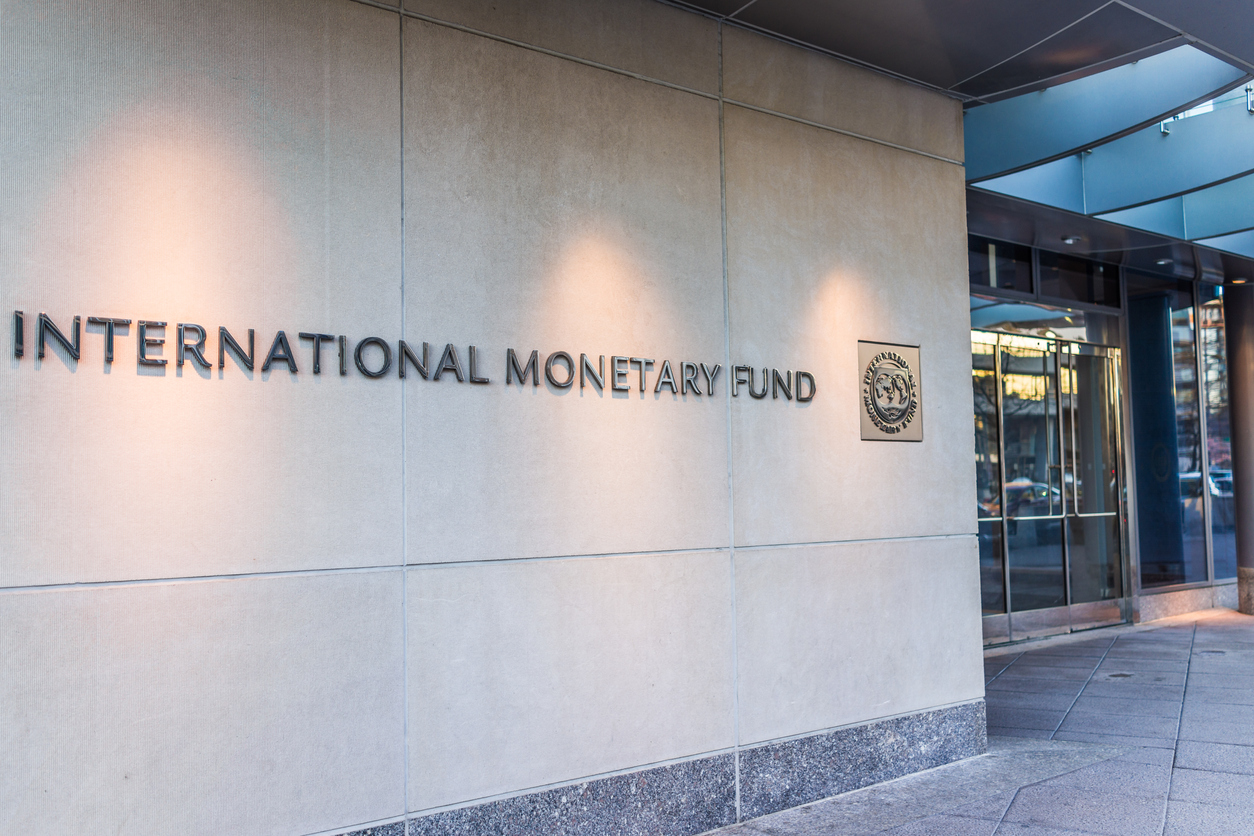The International Monetary Fund has taken aim at the mini budget unveiled last week by new Chancellor Kwasi Kwarteng, and which in turn has led to a further sharp decline in the value of sterling.
Commenting on last week’s mini budget, an IMF spokesman said, “Given elevated inflation pressures in many countries, including the UK, we do not recommend large and un-targeted fiscal packages at this juncture, as it is important that fiscal policy does not work at cross purposes to monetary policy”,
The IMF spokesperson said that the IMF understood that Britain’s “sizeable fiscal package” was intended to help residents deal with higher energy prices and to boost growth via tax cuts and supply measures, but said that such measures could put fiscal policy at cross purposes with monetary policy.
IMF officials have warned repeatedly in recent months of the need for governments to carefully calibrate fiscal and monetary policy as central bankers raise interest rates across the globe to get inflation under control.


The warnings by the IMF have been echoed by former US Treasury Secretary Larry Summers. Speaking on BBC Newsnight last night, he said that he was surprised it took the IMF so long to react, saying he expected to “hear from them over the weekend”.
Continuing Mr Summers said, “I can’t in all honesty remember a time when a set of policy announcements from a G7 country elicited so negative a response both from markets and from economic experts.”
“The combination that Britain is facing is very ominous.”
“I have to say, and it is early days, things could change and economics is not an exact science, but I would certainly say that this has the look right now of a number of unforced errors.”
The IMF added that a fiscal statement delivered on the 23rd November could be an opportunity to revaluate the tax changes.
The IMF’s warnings have already generated political reaction in the UK,
Speaking on LBC Radio this morning the Labour Leader Sir Keir Starmer said that the IMF statement showed “what a mess the government have made of the economy”, adding that the current market jitters were ‘self inflicted by the government’.
Speaking on ITV’s Good Morning Britain this morning, the veteran Conservative MP, Sir Roger Gale said, “The bad news is that the pound is now going up again because the markets think that the bank is going to raise interest rates”, warning that the UK now risked facing a ‘perfect storm’.
Suggesting that the gains from this budget could be lost if interest rates were forced to rise, Sir Roger Gale said, “I think Kwarsi Kwarteng has now got to come out very quickly with a clear statement on how this is going to be paid for, and how we are going to protect our constituents from high mortgage rates”.
However the government’s approach was backed by the former Conservative cabinet minister, Sir John Redwood. Writing on Twitter he said, “So the IMF and some big foreign investment banks and funds do not want the UK to be more competitive with lower taxes. I do not recall them offering advice against the global policies which brought on the inflation which has so disrupted living standards”.
Back in the 1970s, Britain was forced to apply for an IMF loan of nearly $4 billion during the 1976 financial crisis, with IMF negotiators insisting on deep cuts in public expenditure at the time.












